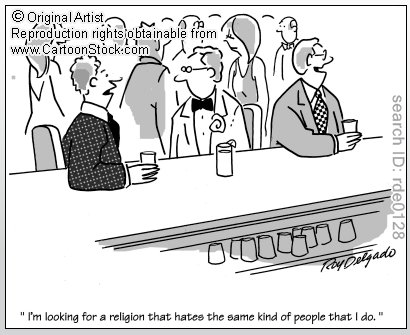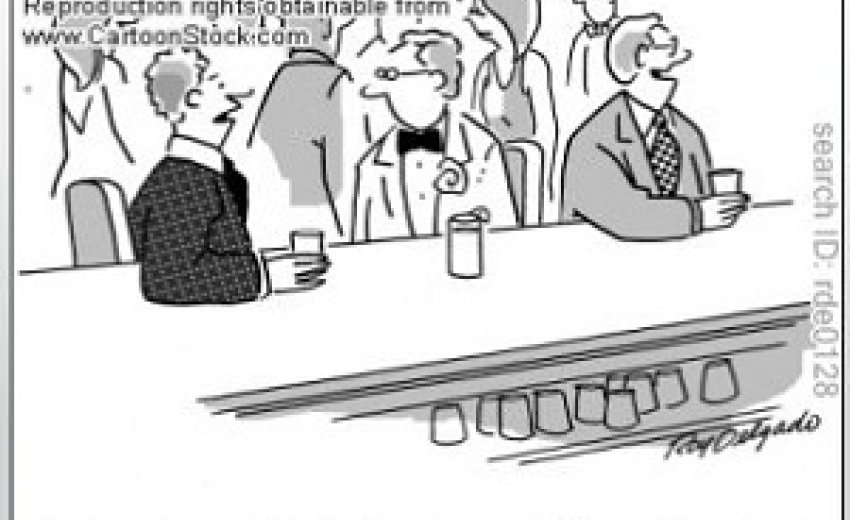 Jan 24, 2011 : It was perhaps fitting that just as the Bloc Québécois was trumping up reasons to ban Sikh ceremonial daggers from the House of Commons, Immigration Minister Jason Kenny was unveiling a memorial to acknowledge the day Canada turned its back on a ship of Jewish refugees.
Jan 24, 2011 : It was perhaps fitting that just as the Bloc Québécois was trumping up reasons to ban Sikh ceremonial daggers from the House of Commons, Immigration Minister Jason Kenny was unveiling a memorial to acknowledge the day Canada turned its back on a ship of Jewish refugees.
The argument government officials put forward in May 1939 for that fateful decision is fundamentally the same as the one put forward by Bloc whip Claude DeBellefeuille now: Security trumps accommodation.
This is, of course, just a thin veil to disguise an intolerance that former Canadian prime minister Mackenzie King knew would buy him votes in 1939, and the Bloc understands will further its bid to secure more seats in Quebec in the expected election.
Ms. DeBellefeuille's statement on the need to ban the kirpan comes in the wake of a bizarre incident in the Quebec national assembly. A committee established to weigh the costs and benefits of accommodating religious symbols -- ostensibly formed to discuss a proposal to ban face veils in public areas of Quebec -- invited four prominent members of a Sikh group to address the MNAs.
When the Sikhs showed up wearing their ubiquitous religious ceremonial daggers, they were banned from entering the assembly -- a move promoted and supported by the Parti Québécois, which may be the only political party in Canada that boasts its own critic of secular affairs.
A day after this bit of intolerance, the federal version of the separatist party picked up the call.
To their credit, the Liberals and the NDP both were quick to decry the actions of the BQ and PQ politicians. As of Friday, the Conservatives had little to say on the matter.
Perhaps showing greater ethical fortitude than political acumen, Liberal Leader Michael Ignatieff went to the heart of the Bloc battlefield to defend, in French, the Sikhs' right to wear the kirpan within all democratic institutions in Canada, including Quebec's national assembly.
It was a brave thing to do, considering the difficulty of winning votes in Quebec on this issue. As Christian Dufour, a political scientist at Montreal's École nationale d'administration publique, told The Globe and Mail, to call for the kirpan ban posed little risk for the Bloc.
"Francophone Quebecers are less religious than almost anywhere else on the planet. Among elites, secularism has a much bigger place. Among the people, there is a more visceral rejection of religion, it's completely discredited," Mr. Balfour said.
Mr. Ignatieff had another reason to speak up. Among the MPs who would be affected by the ban would be the soft-spoken and highly articulate kirpan-wearing Liberal MP Navdeep Bains from Toronto -- where such symbols of multi-culturalism are much more widely accepted.
Mr. Bains rightly points out that he has been wearing his kirpan in the House of Commons, in the Supreme Court, and even in the U.S. Congress without being challenged.
Unfortunately, the Bloc's readiness to use intolerance as a wedge issue has increasingly become the norm in Canadian politics. Also last week, the Conservatives launched a series of nasty advertisements questioning the personalities, nationalism and loyalty of their political opponents, focusing chiefly on Mr. Ignatieff.
And no sooner had Prime Minister Stephen Harper told CBC anchor Peter Mansbridge that he personally supports capital punishment but would never bring the issue to Parliament, when opposition politicians, including the Liberals, raised again the bogeyman that his words were evidence of a hidden agenda.
So poisonous have become the political attacks in Ottawa that politicians no longer recognize the vile nature of their actions.
Mr. Harper also told the CBC he believed things have gotten more civil in the House lately. This would shock anyone who listened to question period or, particularly, the insult-laden, viciously worded statements from members -- mostly from the government's side -- that precede question period.
Even of greater concern is that such meanness has found its way into the wording and naming of bills. While it may gain votes from hard-core party members, this constant catering to extremes in order to bring in a few dozen more votes can cause great damage to Canada's social cohesion.
Singling out religious symbols, for example, risks exposing minorities to the same sort of intolerance that existed particularly in Quebec in the 1930s.
And when Public Safety Minister Vic Toews was challenged last week whether the hardening attitude of Canadians toward refugees have much to do with his unproved accusations of queue jumping and involvement in terror of those found coming to Canada, he tersely denied any connection.
It is perhaps fitting that the memorial being unveiled by Mr. Kenny in Halifax to honor the Jewish refugees is composed of clock-like gears. It seems, for cheap political gains, Canada continues to be locked in the same ugly debates as it was 70 years ago.
- - -
"Democracy cannot be maintained without its foundation: free public opinion and free discussion throughout the nation of all matters affecting the state within the limits set by the criminal code and the common law." - The Supreme Court of Canada, 1938
© Copyright (c) The StarPhoenix

